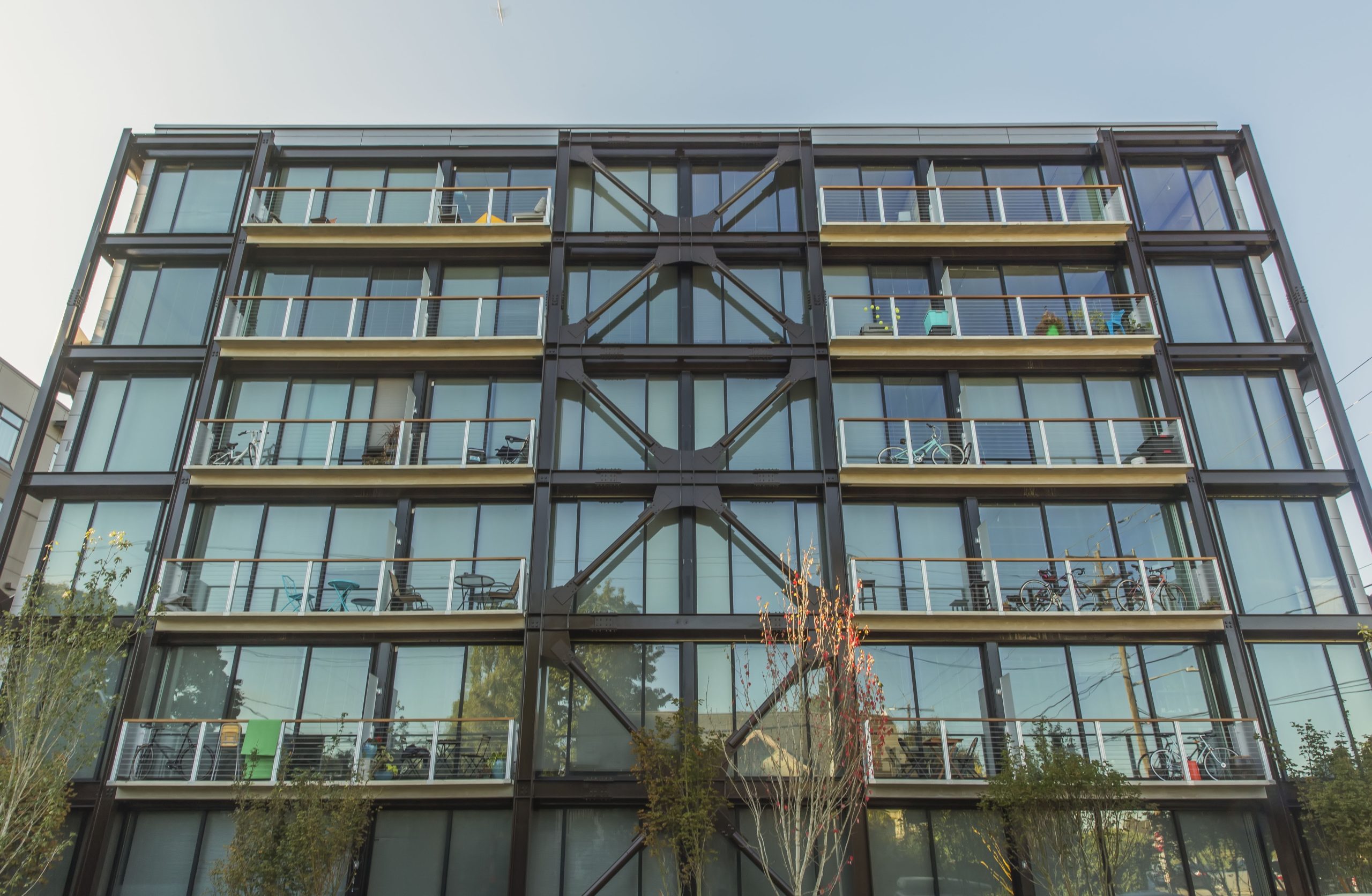In recent years, the call for sustainable living has grown louder, driven by increasing environmental concerns and a global commitment to reduce carbon footprints. Innovations in technology and design are at the forefront of this green revolution, offering new and exciting ways to live in harmony with our planet. Here, we explore some of the groundbreaking innovations that are shaping the future of sustainable living.
Renewable Energy: Beyond Solar Panels and Wind Turbines
Renewable energy has long been synonymous with solar panels and wind turbines with companies like Custom Solar & Leisure (Tucson, AZ) installing solar panels for domestic use. Innovations like floating solar farms, which utilize unused water bodies, are increasing the efficiency of solar power generation. Similarly, wind turbines are becoming more sophisticated, with designs like the bladeless turbine, which is quieter and more wildlife friendly.
Smart Homes and IoT Integration
Smart home technology is revolutionizing energy efficiency in homes. The integration of the Internet of Things (IoT) allows for real-time monitoring and control of energy usage. Smart thermostats, for example, learn from your habits and adjust heating and cooling systems accordingly, reducing energy waste. IoT-enabled appliances can also communicate with renewable energy systems to use power more efficiently, like running the dishwasher when solar power is at its peak.
Green Building Materials and Sustainable Architecture
The construction industry is undergoing a green transformation, with a focus on sustainable materials and energy-efficient designs. Materials like bamboo, which is fast-growing and durable, are replacing traditional hardwoods. Insulation is also evolving, with new materials like aerogel and sheep’s wool providing high-efficiency options. In architecture, concepts like biophilic design, which integrates nature into buildings, are improving air quality and energy efficiency while also enhancing mental well-being.
Urban Farming and Vertical Gardens
With urbanization on the rise, innovative solutions are needed to bring agriculture to cities. Urban farming, including rooftop gardens and vertical farming, is a sustainable way to grow food locally, reducing transportation emissions and promoting food security. Vertical gardens not only produce food but also improve air quality and provide green spaces in urban environments.
Water Conservation and Recycling Technologies
Water scarcity is a growing concern, and innovations in water conservation are crucial. Technologies like greywater recycling systems, which reuse water from sinks and showers for irrigation and toilets, are becoming more common in households. Rainwater harvesting systems are also gaining popularity, collecting rainwater for various uses.
Waste Management: From Recycling to Upcycling
Innovative approaches to waste management are transforming what we consider to be waste. Recycling programs are becoming more sophisticated, with advances in sorting and processing. Beyond recycling, upcycling is gaining traction, turning waste materials into new, high-quality products. This approach not only reduces waste but also decreases the demand for new raw materials.
Conclusion
The innovations in sustainable living aren’t just about environmental conservation; they represent a shift toward a more mindful and efficient way of life. By integrating renewable energy, smart technology, sustainable architecture, and innovative waste and water management, we’re paving the way for a greener, more sustainable future. These advancements are crucial for the health of our planet and also offer a blueprint for living that aligns with the natural world, ensuring a better future for generations to come.
Top of Form







